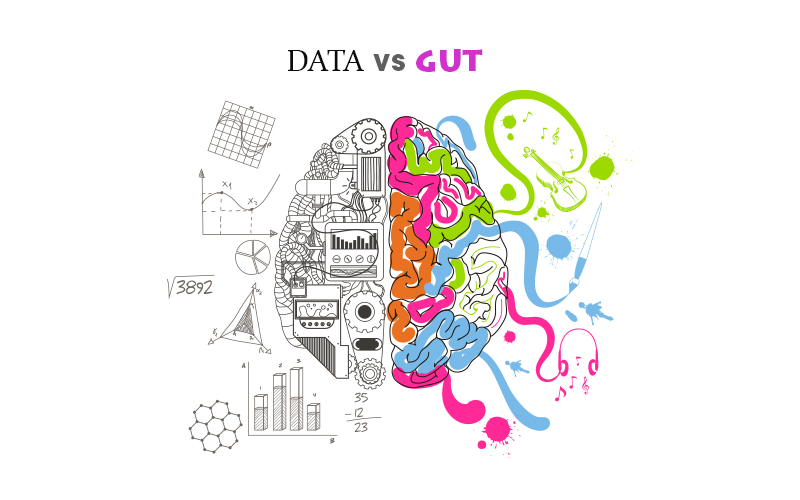On
Wednesday 27 June we welcomed a select group of speakers and industry guests to Abbey Roads Studio Three for the latest in our knowledge sharing series of
Red Talks. This Red Talk was about the Science of AR, specifically about the point at which gut meets data and how the two can play together, or not, in the process of scouting and developing artists and their music. AR is an enigmatic term. It stands for
Artists Repertoire and refers to the lifeblood of any label or label services company; its artists and their music. It has become a verb which refers to the process of discovering and developing talent AR-ing, and has become a label for the executives tasked with the process - ARs.
We hosted four key speakers and a room of selected stakeholders, from ARs to label services platforms and more: Conrad Withey, CEO and co-founder of
Instrumental, a data driven talent discovery platform which scours listening data on Spotify and other platforms and social media data to highlight emerging talent and trends;
Matt Riley Senior Director, Creative at
AWAL, the label services arm of
Kobalt Music, whose role is to scout and sign talent to AWAL;
Roxanne Greene - Strategic Relationship Manager, EMEA,
Tubular Labs, who works with clients to provide emerging talent and trends data on YouTube and other social video platforms;
Alec Ellin Co-Founder and CEO of
Laylo, a crowdsourced talent discovery platform which recently won its category at the Midemlab startup competition. Withey told us about Instrumental's roots as an artist development network,
Poptrack, where he was excited about the potential of YouTube to discover new artists.
Poptrack built its own technology platform and was rebranded as Instrumental in 2016 with the aim of helping to find talent at early stages and to present easily digestible packets of data to the user, which frees them up to spend more time making decisions. Withey explained an important approach in matching technology with data: Instrumental is not using AI to listen to songs and tell you who to sign, Withey claiming that's redundant, we are trying to augment what scouts / ARs do in their jobs and using artificial intelligence to give you a chance to be more efficient and discover new opportunities and then apply your human skills. Picture from
IRISbusiness.


